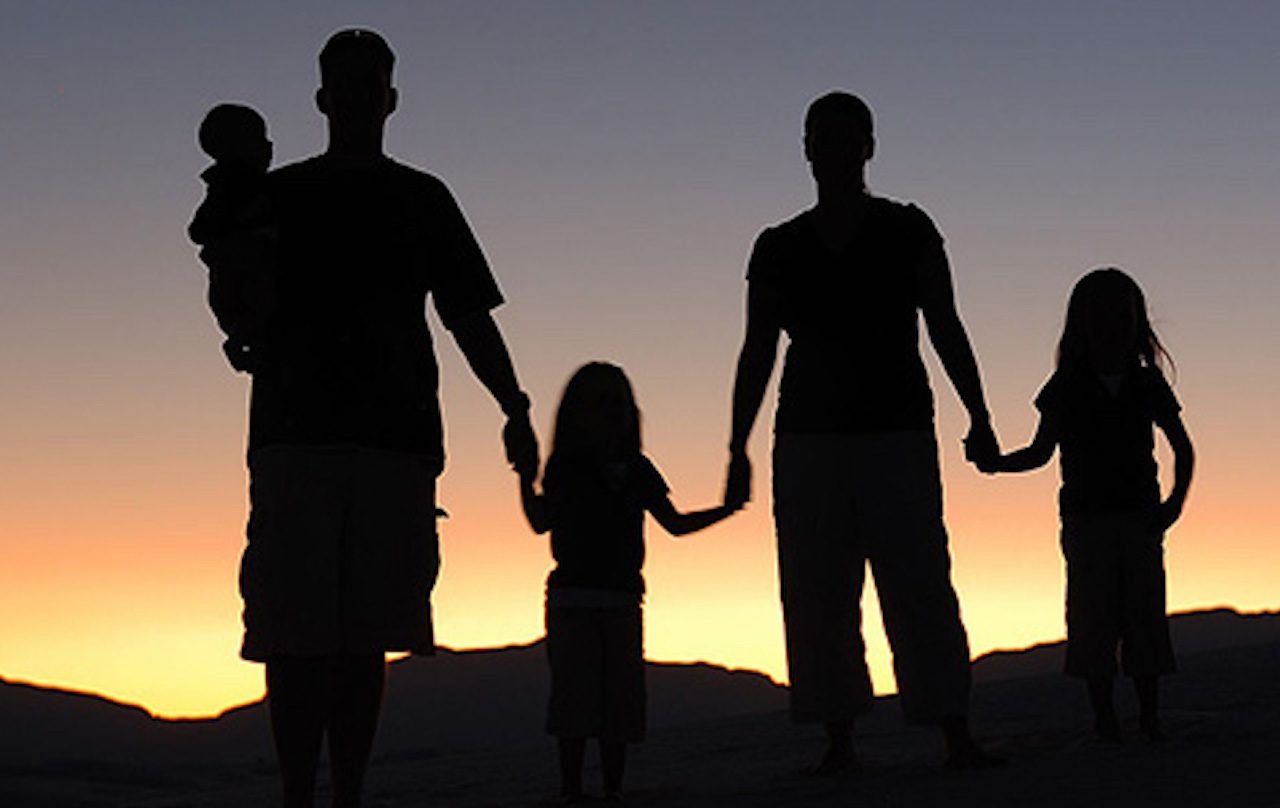 This week, I feel compelled to respond to statements made by Christine Husbands of the Family Conflict Unit to the Sunday Sun Newspaper to comments I made about the treatment of victims of domestic violence.
This week, I feel compelled to respond to statements made by Christine Husbands of the Family Conflict Unit to the Sunday Sun Newspaper to comments I made about the treatment of victims of domestic violence.
Sgt. Husbands, thank you for your public comments about the work of the Family Conflict Unit (FCU) captured in a section of the weekend news last Sunday, June 21, 2020. Let me begin by conceding that the article made it sound as though general observations that I made about the experience of victims of domestic violence were levelled at the Family Conflict Unit.
The comment about victims having to speak to officers from behind the Perspex barriers installed was a general comment across police stations in Barbados. The comment about the disparity in training for officers was also a general one about the rank and file of the Royal Barbados Police Force and not the officers of the FCU.
Those concessions being made, your response does nothing to extinguish the concerns which I raised about the experience of victims reporting various types of domestic violence to the police. You explained in the article that the FCU is not a first response agency. Thus, if the FCU is not the first port of call for victims of domestic violence, where is?
This was an essential piece of information which your response did not address. However, it is generally accepted that a victim can report to the Police Station closest to their residence to make a report. It is those stations that have been outfitted with Perspex or otherwise had protocols established to safeguard the health of officers in the COVID-19 environment.
It is at that point of contact that some victims have to make reports to police from the six-foot distance, thus creating uncomfortable and embarrassing circumstances for reporting. You indicate that protocols have been put in place by Health Officials and you explain that victims could tell the police that their matter was private, thus resulting in options for the person reporting to do so other than from behind the Perspex screen.
Can you tell me how that information was communicated to the public so that victims of domestic violence knew they had that choice? Are there notices posted in police stations to that effect? Have your partners in the domestic violence fight been told? While I stop short of challenging you on whether protocols have been established or not, they can be only effective if the public knows that they v exist and how to activate them.
Further, is there a monitoring and evaluation form which victims reporting to the police station fill? Even if you say there are protocols in place and I say victims reporting are still facing certain concerns, our respective observations are not necessarily opposites of each other. Protocols could be in place which are not being observed and if we do not have victims’ feedback being considered we are not providing space for victims’ experiences to be noted and addressed.
You expressed that your office hours are between 7:30 a.m. and 6 p.m. What research was conducted before these hours were chosen for the FCU? Anecdotal information for Barbados and DV trends regionally and internationally indicate that most cases of DV occur in the evening, on the weekend and on bank holidays. This is because those are the times when people are more likely to be home from school and work and when conflicts arise.
Given this information, would it not be better to open your Unit from 6 in the evening to 7:30 in the morning? That way you are working during the high periods of the pandemic. Additionally, it would mean that members of the public using your services do not have to choose between having their matters dealt with and missing time from work/ school.
I also note with interest that you assert that the officers remain accessible to the public after the Unit officially closes and that officers are available on a 24-hour basis. Is there a number which the public has been given that triggers the 24-hour service?
You explain that the officers have discretion on whether they investigate matters at the Office of the FCU or at the residence of the client. This is the subjectivity in the work of police responding to cases of DV which I outlined give victims varying experiences of the police response.
On the one hand, you assert that there are protocols which govern how officers respond to cases of DV and on the other hand, you concede that there is wide ranging subjectivity in how officers approach an investigation. Protocols standardize the response to domestic violence and leave each victim with a similar experience of the system and a similar belief that their matter was handled according to rules and regulations.
I noted that you said the services of the FCU were for “… individuals requiring discreet help and who did not want their matters to go through the court system.” Every victim of domestic violence wants their matter to be dealt with discreetly and, where possible, without having to go through court. So how do we determine which victims get the services of the FCU and which ones have to go through the normal challenges?
I think this comment solidifies the point that I made that because of the subjectivity of handling cases of domestic violence, victims come away with various experiences of the system based on who they interact with. If the FCU is funded by taxpayer dollars, each taxpayer should have equal access to the services of the unit otherwise stringent guidelines have to be set on who will get the services of the unit and on what criteria.
As I understood it, when the FCU was first established in 2013, it was to deal with cases of DV which were so volatile that if serious intervention was not given to the situation, life or limb would have been lost. It, however, seems that I either misunderstood or the Unit has shifted its core business. Further, if the FCU is not to be the first response to DV on the island, it means that we are still without a coordinated first response and case management mechanism for DV and both of these services are critical ones for victims.
Marsha Hinds is the President of the National Organisation of Women.




